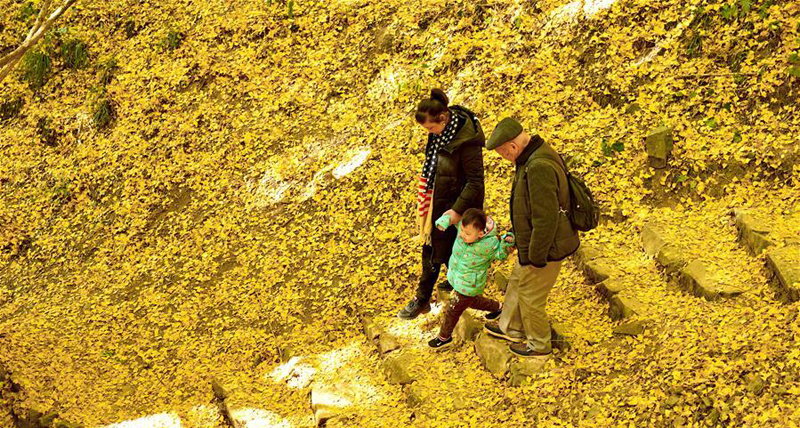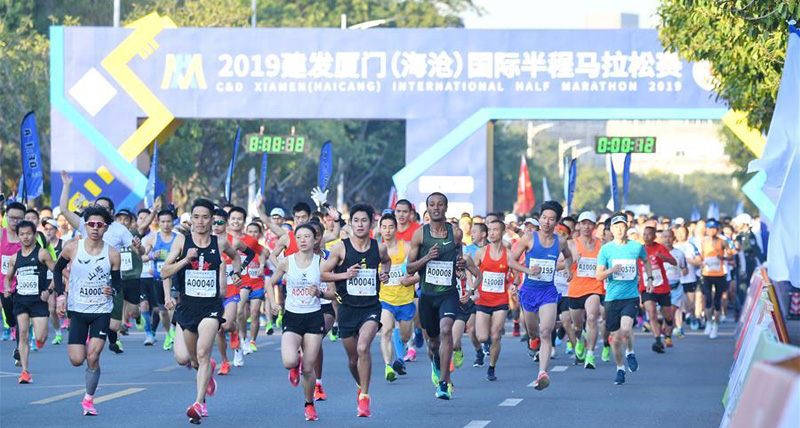Internet energizes development of traditional Chinese medicine
Xinhua| Updated: Dec 16, 2019
What happens when traditional Chinese medicine (TCM) meets the Internet?
With the arrival of the "Double 12" online shopping festival on Dec. 12 in China, black sesame pills and other innovative Chinese medicine of Huqingyutang, a centuries-old pharmacy, are selling like hotcakes in its official store on the shopping website Tmall.
Founded in Hangzhou, capital city of east China's Zhejiang Province in 1874, the pharmacy is among the world's longest-running such establishments and is famous for its high-quality TCM and loyalty to its customers.
The pharmacy set up its e-commerce branch in 2010 selling products on Tmall, JD.com and other online platforms. The pharmacy's turnover exceeded 12.28 million yuan (about 1.75 million U.S. dollars) on Nov. 11, the "Double 11" shopping festival in the country through such online channels.
"The revenue brought by the online platforms accounts for 30 percent of our total, and we plan to elevate our online sales to half of the total sales within a few years," said Liu Jun, chairman of Hangzhou Huqingyutang Group Co., Ltd.
Besides Huqingyutang, other time-honored TCM brands including Beijing-based Tongrentang have also been exploring online sales channels in recent years. The online turnover of Tongrentang exceeded 400 million yuan in 2017. Pianzaihuang, another major brand based in southeast China's Fujian Province, has invested 9.8 million yuan to establish its own e-commerce company expanding online sales channels.
Young people are paying more attention to TCM while more and more traditional domestic brands are seizing the opportunities brought by the Internet to thrive again, said Zhang Mofan, a famous makeup blogger with more than 10 million followers on Chinese social media platform Weibo.
A total of 45 international standards for TCM have been issued by the ISO/TC249, a technical committee within the International Organization for Standardization.
TCM has been spread to 183 countries and regions and registered as medical products in countries including Russia, Singapore and the United Arab Emirates.
The Chinese government has signed specialized cooperation agreements on TCM with over 40 countries, regions and international organizations, while hundreds of TCM schools can be found in more than 30 countries and regions.



 play
play